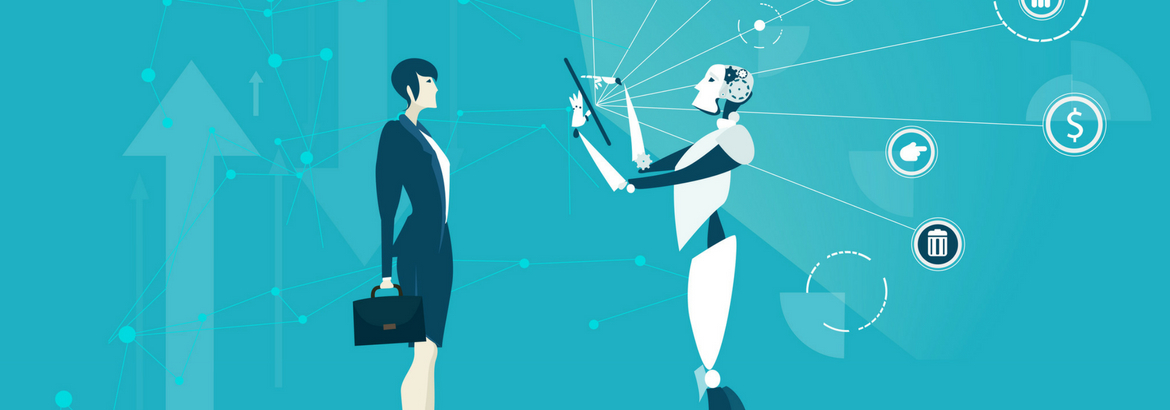Written by Corbin Ball
When laptops computers first appeared in the early 1990s, manufactures called them “freedom machines” with ads showing smiling users inputting at the poolside and the beach. We don’t see these ads anymore. People are aware that technology isn’t increasing our leisure time — we seem to be working harder than ever!
We are constantly tethered to our mobile devices. We are managing our texts, email, social media feeds, tablets, smart watches and more. We have become very adept at multitasking, but it has been at a significant price – the price of our leisure time.
In addition, we are overloaded with information. There are thousands of event-related software applications. There are more than 2 million free or nearly-free apps for iOS and Android. The web is continuing to burst with time-consuming options. The vast, sprawling nature of the options has been compared to drinking out of a fire hose and not being sure of the source of the water. Where does one even start?
So, here is the challenge: How do you adapt to and embrace technology to improve productivity and save time, when you are time-starved and information overloaded?
There is hope out there, however. I offer my suggestions of where to start.
- Technology training is key to efficiency increases.
Companies and individuals must make a commitment to technology support and training. Efficient use of word processing, spreadsheets and database tools can improve productivity. The proper use of Salesforce or other contact management and sale automation tools can be very productive. Online meeting site selection tools can save time as well as knowing the proper use of a wide range of event and tradeshow technology tools. Meeting planning software, when used efficiently, can streamline and automate many meeting planning tasks.
It is essential that, not only do companies provide tech tools to increase productivity, but they need to devote time and resources to make sure that staff are properly trained in using them.
The most productive employees tend to embrace technology change and actively seek out opportunities to learn. There are loads of free tech-training videos on YouTube. An excellent way of finding out about new technology for the events and tradeshow industries is at tradeshows and industry meetings. There are also publications, newsletters and blogs than commonly address using technology for the events.
- As technology advances, it becomes easier to use.
Mobile devices have become easy enough for a toddler or a grandparent to use. Computers are continuing to become lighter and more intuitive. Location-based services such as GPS and many mobile apps have change the way we find things. Artificial intelligence and voice recognition are making access to technology simpler. Mobile-friendly voice-based search will become much more wide-spread. The trend toward ease of use and simplicity will continue at likely an increasingly rapid pace making technology adoption by all of us an easier task.
- We must learn to turn off the switch at times.
Many of us have allowed technology to intrude on our leisure time. We are multitasking very well and have become the more productive. However, as poet and philosopher Henry David Thoreau prophetically stated more than 150 years ago “Men (and women) have become tools of their tools.” The problem is that we can’t run an engine at top speed indefinitely – we must strive to establish balance in our lives. Time must be set aside for our families, for friends, for recharging, for leisure activities. Learn to use technology to help you be more efficient on the job, but also, learn when to turn off the phone, email, and other gadgets. Using technology wisely also involves knowing when to not use it.
This digital revolution we are experiencing is a basic change in the way people communicate and transact. While we take a while to cope with the rapid rate of change, the opportunities for those that adapt and work with it are great. At the same time, however, we must balance our lives and not become tools of our tools.
Article written by Corbin Ball. See the original here:
https://bit.ly/2JpAgZe


